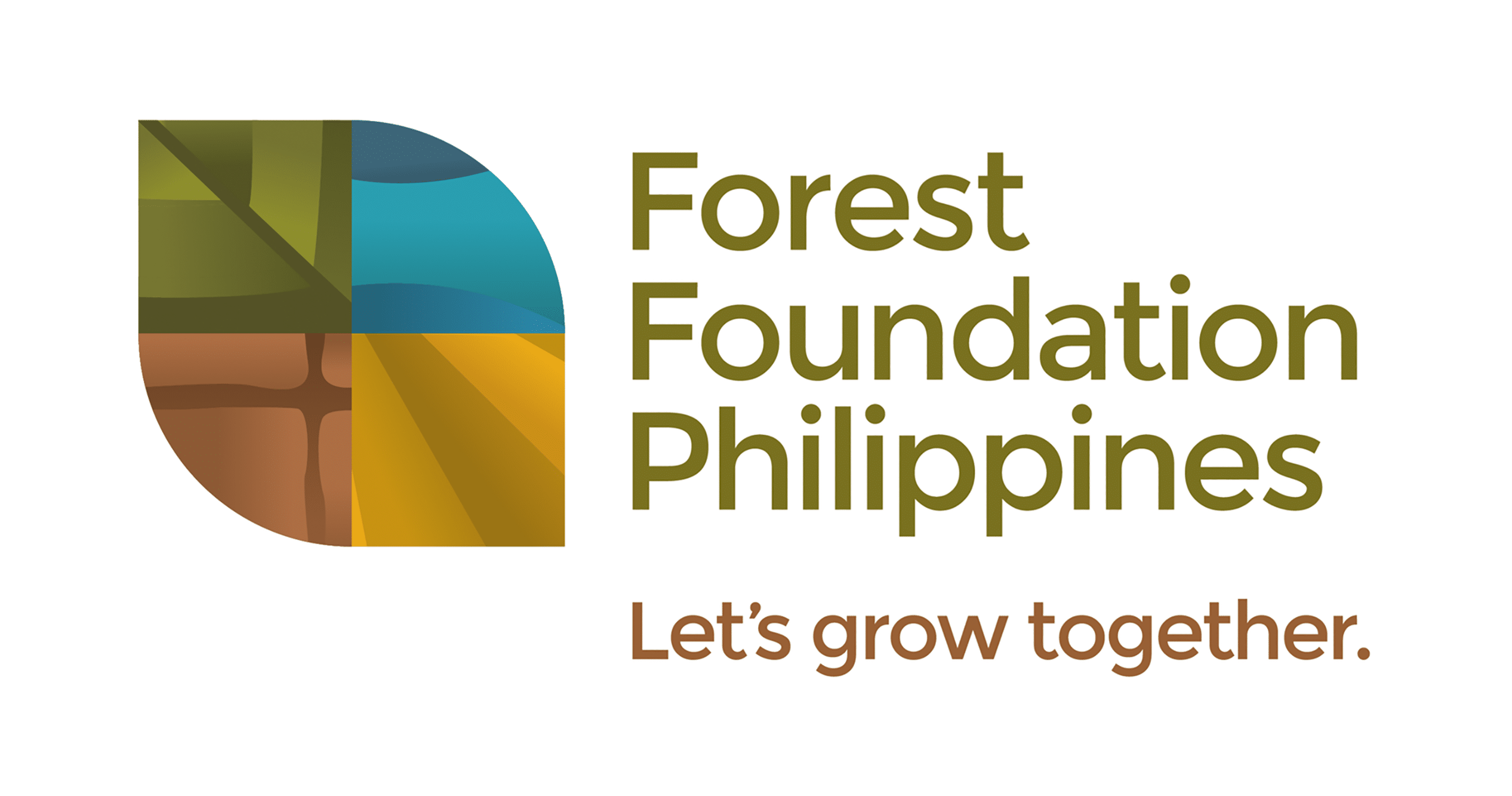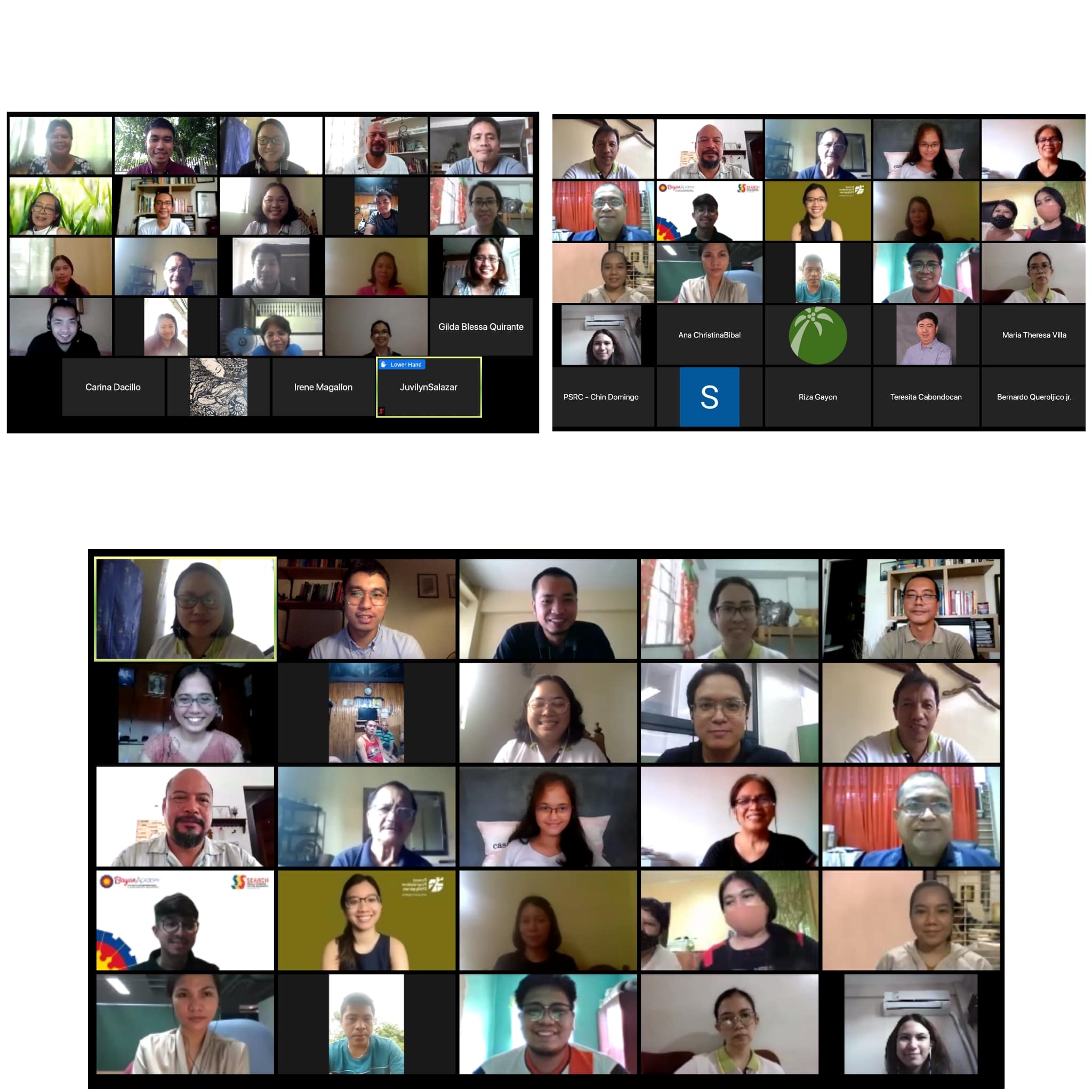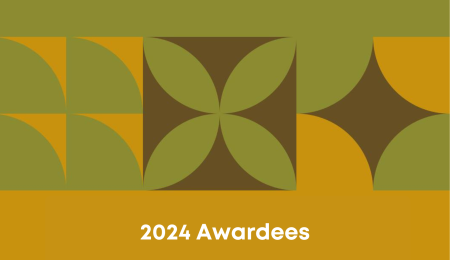The pandemic has unprecedentedly affected millions of lives and sectors, including forest conservation. It is a major crisis that requires physical distancing, but at the same time, sustained collaboration to mitigate the further loss of the forests. In response to this unprecedented challenge, last June 24 and 25, the Forest Foundation Philippines organized its second partners’ meeting in Palawan.
Landscape Thinking in the time of Pandemic
Titled “Landscape Thinking in the time of Pandemic: Second Partners’ Meeting of Palawan Stakeholders,” the meeting provided space for constructive dialogue and sharing of information to initiate adaptive project management strategies that will sustain forest conservation actions in the landscape despite the pandemic. During the meeting, the Foundation and its partners also shared lessons and experiences on project implementation in the forested landscape of Palawan.
The Meeting was attended by the Foundation’s partners and grantees in Palawan, namely the Bayan Academy for Social Entrepreneurship and Human Resource Development, Catholic Organisation For Relief and Development Aid, Community Crafts Association of the Philippines, C3 Philippines, Environmental Legal Assistance Center, Institute for the Development of Educational and Ecological Alternatives, Kilusang Likaslinang, Mt. Mantalingahan Protected Area Management Office, Non-Timber Forest Products – Exchange Programme, Palawan Federation of CBFM/CADC Holders Association, Palawan State University – Center for Strategic Policy and Governance, Philippine Geographical Society, Pro-Seeds Development Association, Tanggapang Panligal ng Katutubong Pilipino, and University of the Philippines Los Banos Foundation.
The participants agreed that while the pandemic is the country’s most urgent concern, forest conservation can still be sustained by doing the following actions: maximizing online tools and platforms for collaboration; implementing strict protocols on physical distancing and improved personal hygiene practices; ensuring constant communication and coordination among partners; and increasing support to social enterprises for business continuity planning and alternative sustainable livelihood options.
Moving forward, to sustain the gains of the projects, the Foundation’s partners and grantees in Palawan committed to work together to: strengthen and sustain conservation efforts in Calamianes; protect and rehabilitate the mainland forests, especially the watersheds; support more social enterprises; organize and strengthen community organizations; implement landscape-wide advocacy campaigns; and support projects leading towards the establishment of legal and sustainable sources of wood.
Grantmaking for the Protection and Conservation of Palawan’s Forests
In 2017, the Foundation launched its 5-Year Grant Program. The overall, long-term goal of the Program is the protection and sustainable management of Philippine forests and its biodiversity. Since its inception, the Foundation has implemented 25 projects in Palawan, amounting to around PHP 88 M in small, medium, and large grants.
Through the Foundation’s support, its partners and grantees have delineated approximately 65,000 hectares of forest land, reforested 191 hectares of forest lands, including mangrove areas; established 13 nurseries; and produced approximately 43,000 seedlings. In addition, the projects have contributed to the institutionalization of 13 ordinances, promoting locally conserved areas, and indigenous and community conserved areas, and supported the filing of six environmental cases. Moreover, the projects have supported the development of seven products and services, institutionalization of two sustainable financing mechanisms, and various capacity-building projects. Lastly, the projects have supported various information and educational initiatives, including the production of guidebooks, implementation of campaigns, organization of exhibits, conferences and film showings, among others.
The Forest Foundation Philippines, established in 2002 under the Tropical Forest Conservation Agreements signed by the governments of the United States of America and the Philippines, is a non-profit organization that provides grants to organizations that empower the people to protect the forests.




